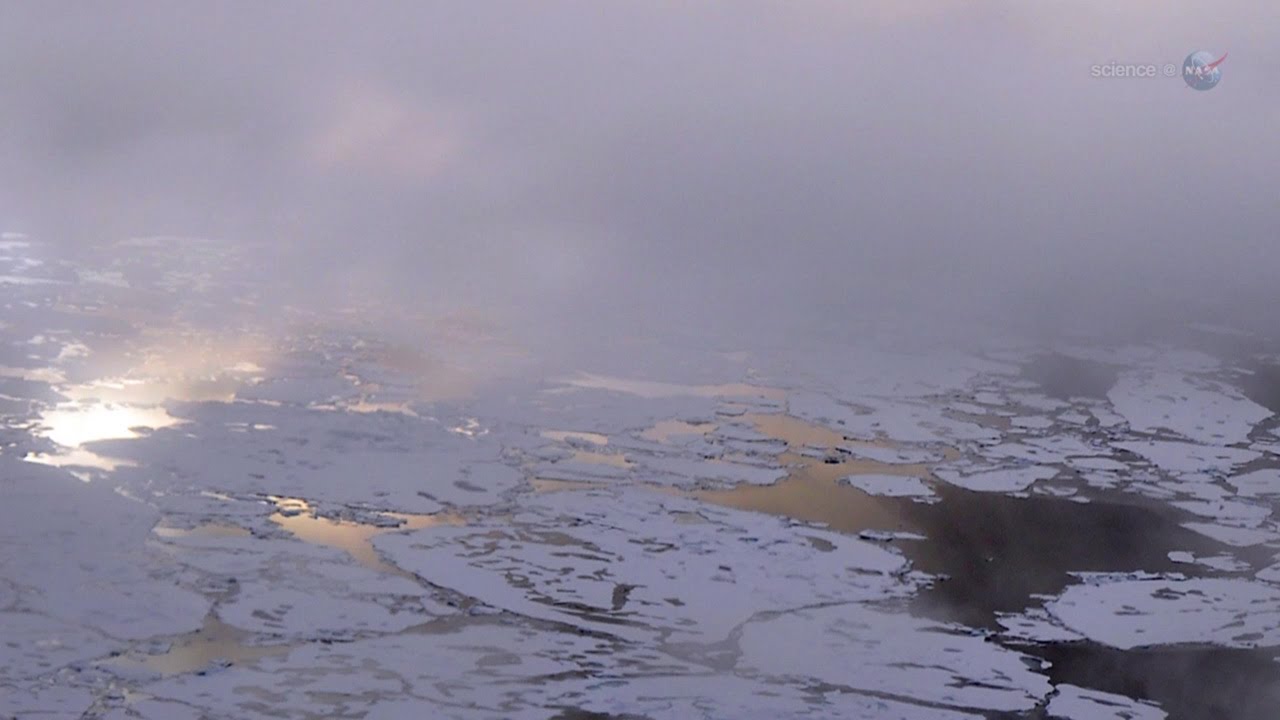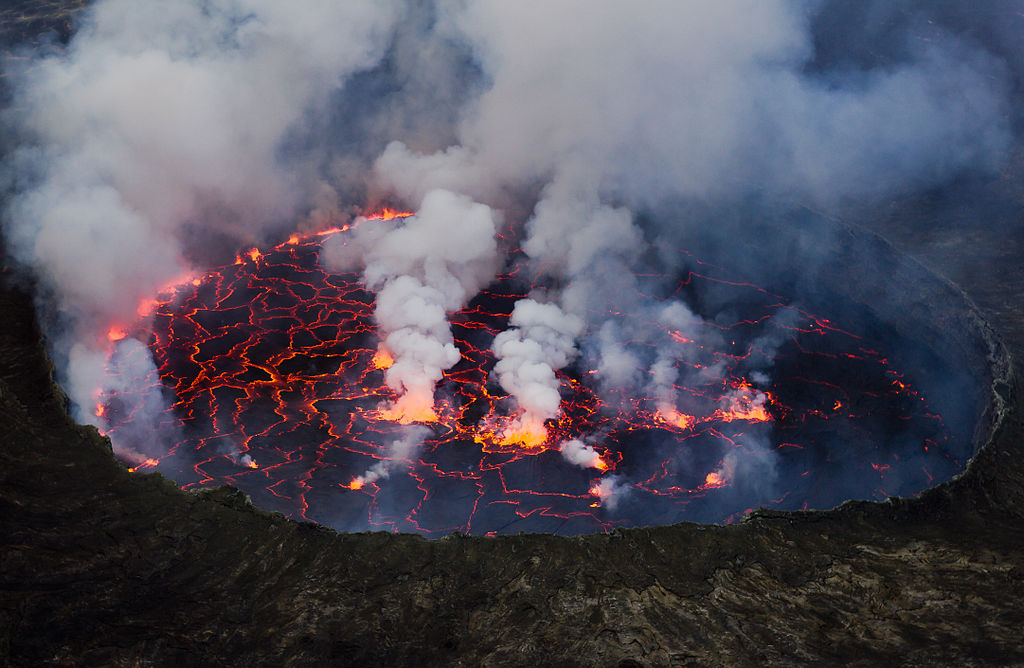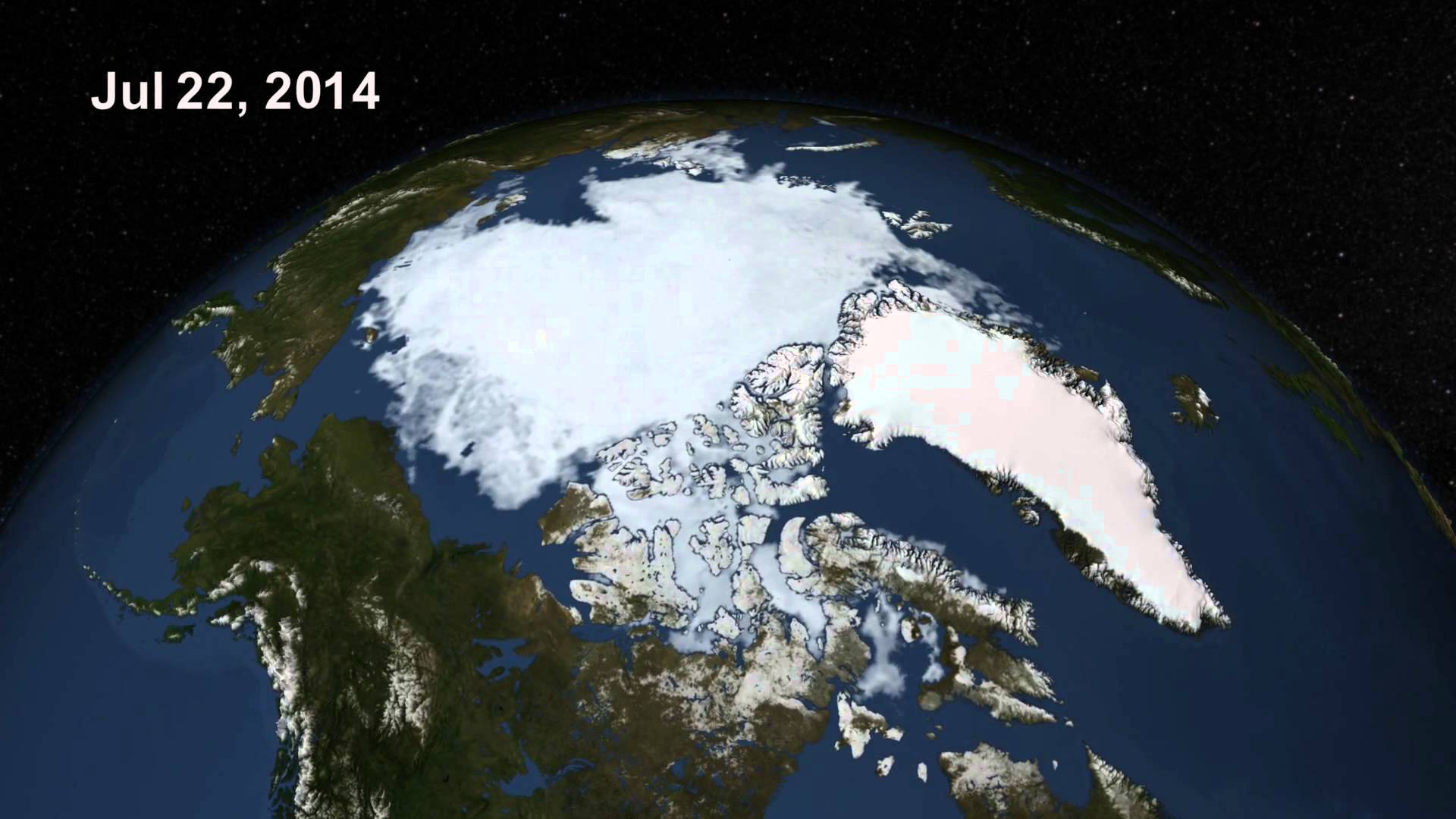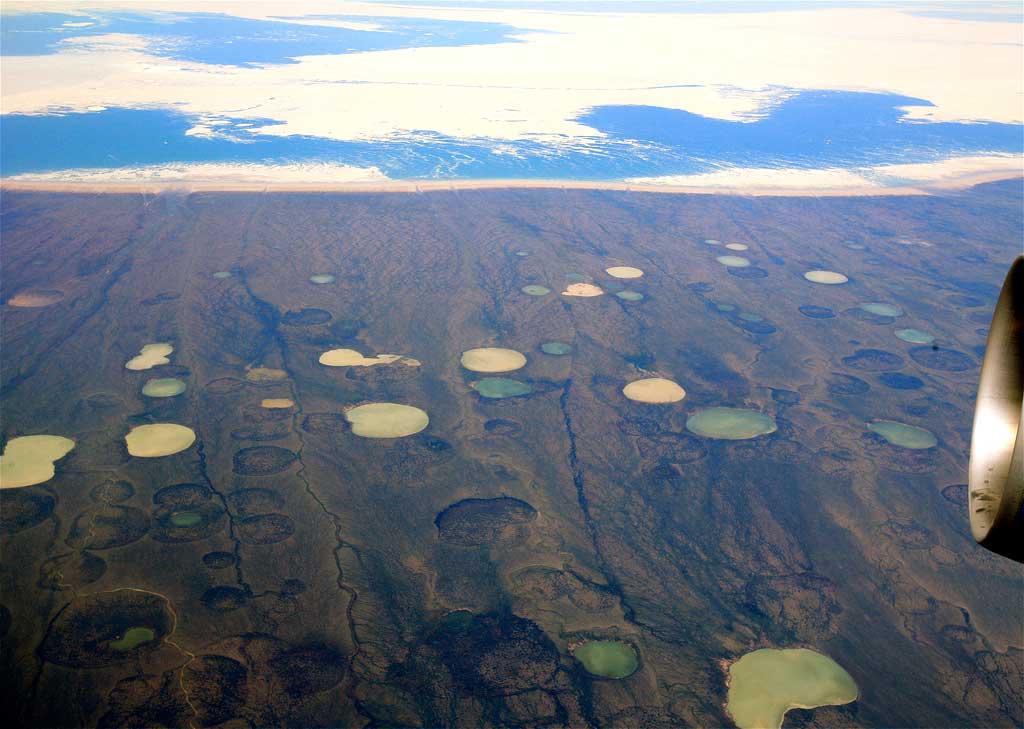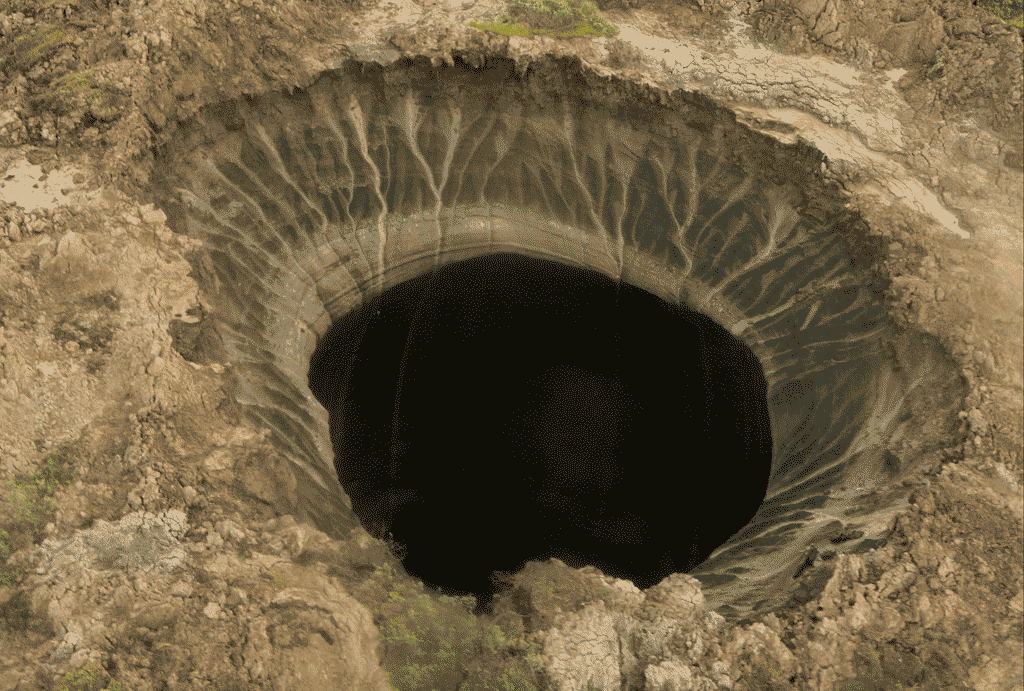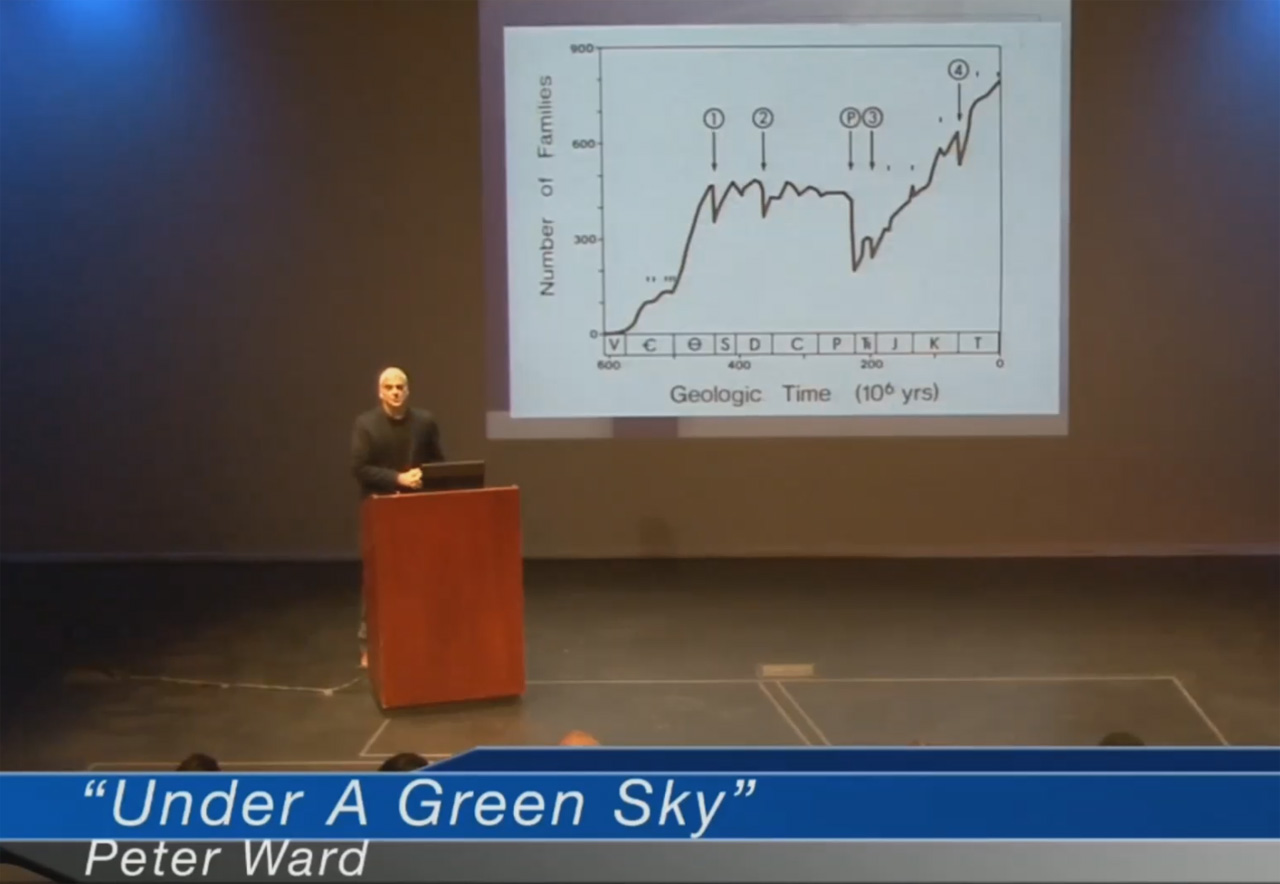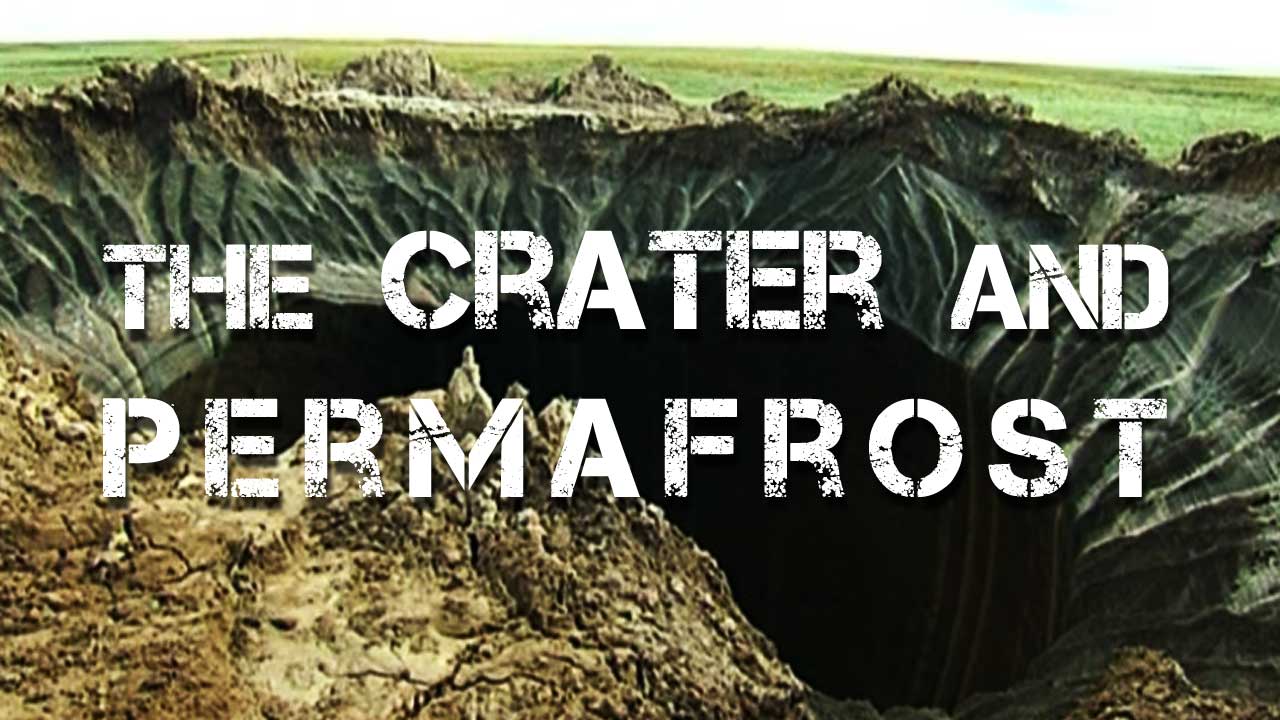As climate change continues to hammer Arctic sea ice, pushing […]
Climate State interviewed Bill McGuire, Emeritus Professor of Earth Sciences […]
The preliminary results from scientists studying the mysterious holes (craters), […]
Recently a mysterious Siberian crater has been discovered, which subsequently […]
Wikipedia: A flood basalt is the result of a giant […]
Evidence indicates that the Jamal sink hole (Siberia) has been […]
